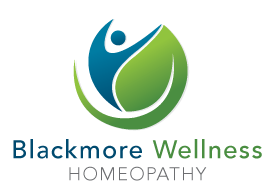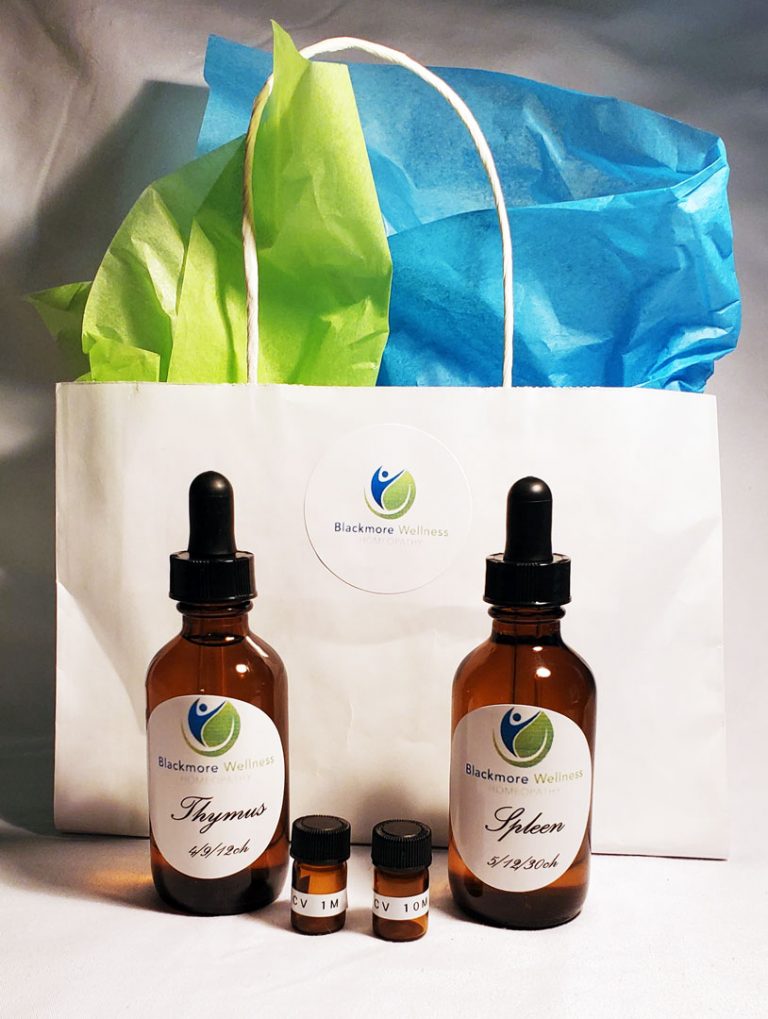Uniting for a Cure: October is Breast Cancer Awareness Month
October is not just the time for falling leaves and pumpkin spice lattes; it’s also Breast Cancer Awareness Month. This annual campaign is dedicated to raising awareness about breast cancer, emphasizing the importance of early detection, and highlighting advances in prevention and treatment. In this blog, we’ll delve into the significance of Breast Cancer Awareness Month, explore prevention and treatment strategies, and touch upon homeopathic remedies that may complement conventional medical approaches at various stages of the disease.
Understanding Breast Cancer
Breast cancer is a malignant condition that develops when cells in the breast tissue grow uncontrollably. It’s the second most common cancer among women globally, affecting millions each year. Early detection is crucial for successful treatment, making awareness campaigns like Breast Cancer Awareness Month indispensable.
The Importance of Awareness
Breast Cancer Awareness Month serves several vital purposes:
- Education: It provides a platform to educate people about the risk factors, symptoms, and early detection methods associated with breast cancer.
- Encouraging Screening: Routine breast self-exams, thermograms, mammograms, and clinical breast exams are key to early detection. This awareness month encourages individuals, especially women over 40, to schedule screenings.
- Fundraising: Many organizations raise funds to support breast cancer research, treatment, and support programs during this month.
- Support and Solidarity: Breast Cancer Awareness Month offers a chance for individuals and communities to support those affected by the disease and honor survivors.
Prevention Strategies
Prevention plays a vital role in the fight against breast cancer. Here are some evidence-based strategies:
- Lifestyle Choices: Maintain a healthy lifestyle by eating a balanced diet, engaging in regular physical activity, and avoiding smoking and excessive alcohol consumption.
- Screening: Regular breast screenings, including mammograms and thermograms, clinical breast exams, and self-exams, are essential for early detection.
- Genetic Testing: Women with a family history of breast cancer may benefit from genetic testing to assess their risk.
- Breastfeeding: If possible, breastfeeding can reduce the risk of breast cancer.
Treatment Options
Breast cancer treatment varies based on the stage and type of cancer, as well as individual factors. Common treatments include:
- Surgery: Removing the tumor or the entire breast (mastectomy) may be necessary.
- Radiation Therapy: High-energy rays are used to kill cancer cells or shrink tumors.
- Chemotherapy: Medications are administered to destroy cancer cells or stop their growth.
- Hormone Therapy: Certain breast cancers are hormone-sensitive and can be treated with hormone-blocking drugs.
- Targeted Therapy: Drugs target specific molecules involved in cancer growth.
- Immunotherapy: Boosting the immune system’s ability to fight cancer.
- Homeopathy: Although not considered “standard of care”, Homeopathy is a choice that individuals can make as a treatment as well as being a complement to conventional treatment.
Complementary Homeopathic Remedies
The following are some homeopathic remedies that can be useful in managing symptoms and side effects of breast cancer and its treatments:
- Carcinosinum: This remedy is often considered when there are strong emotional and mental symptoms associated with cancer, such as anxiety, restlessness, and a sense of hopelessness. Physical symptoms may include sensitivity to cold, fatigue, and digestive issues.
- Thuja Occidentalis: This remedy might be considered for individuals who have a history of vaccination and have emotional symptoms like depression, mood swings, and low self-esteem. Physical symptoms may include skin problems, warts, and menstrual irregularities.
- Conium Maculatum: Conium may be used when there is a feeling of physical and emotional stagnation. Individuals may experience anxiety, fear of death, and a sense of being trapped. Physical symptoms may include hardness or lumps in the breast, as well as vertigo and weakness.
- Phosphorus: Phosphorus can be considered when there is a tendency towards bleeding, such as nosebleeds or heavy menstrual bleeding. Emotional symptoms may include anxiety, fear of the dark, and a strong desire for company.
- Lachesis: Lachesis is often prescribed when there is a strong sense of constriction or tightness in the body. Emotional symptoms may include jealousy, suspicion, and a tendency to talk excessively. Physical symptoms may include hot flashes and a sensitivity to touch.
- Arsenicum Album: This remedy is considered when there is extreme restlessness, anxiety, and a fear of death. Physical symptoms may include burning sensations, diarrhea, and weakness.
Always consult with a qualified homeopathic practitioner or a healthcare professional especially if you are undergoing conventional treatment for breast cancer.
Breast Cancer Awareness Month is a powerful reminder of the importance of early detection, prevention, and treatment of breast cancer. By educating ourselves, supporting research efforts, and taking proactive steps toward a healthier lifestyle, we can contribute to the fight against this devastating disease. If you or a loved one is facing breast cancer, consult with healthcare professionals to create a personalized treatment plan that suits your unique needs and circumstances. Together, we can make progress in the battle against breast cancer and bring hope to countless individuals and families affected by this condition.







